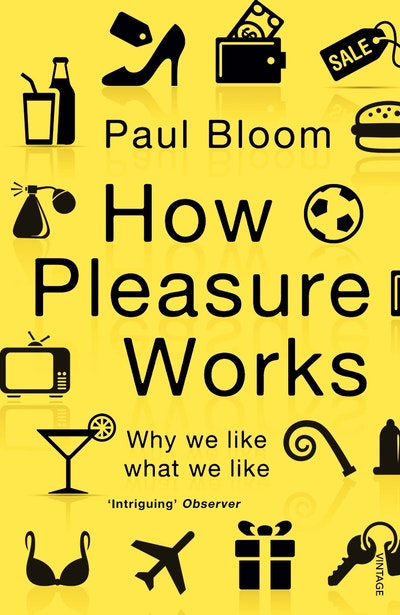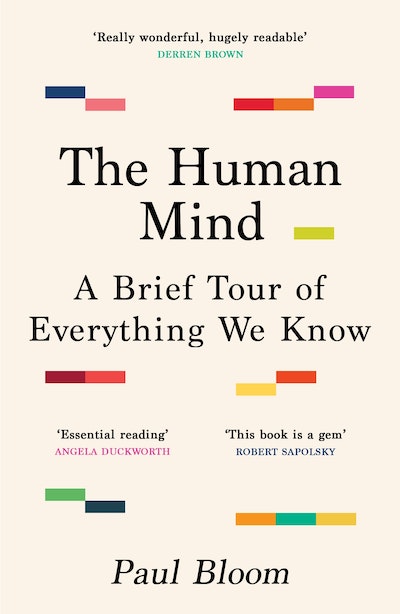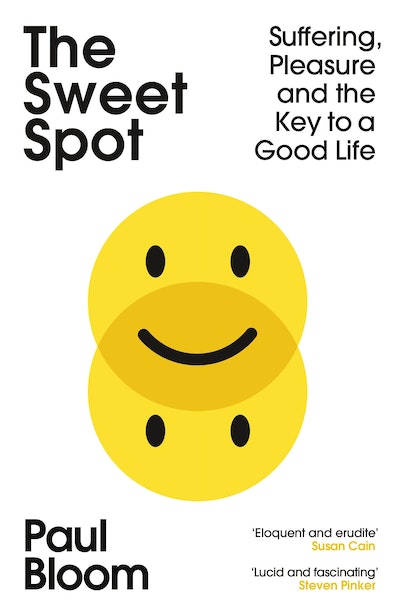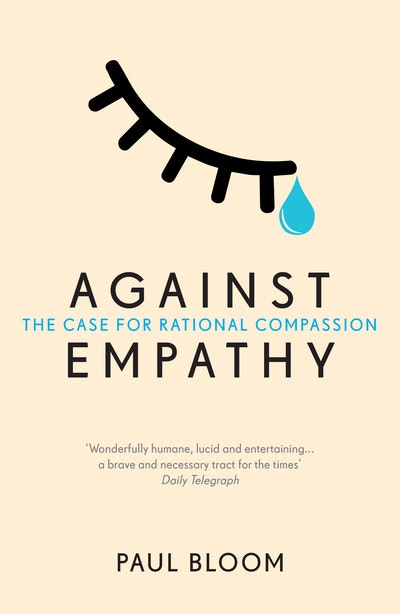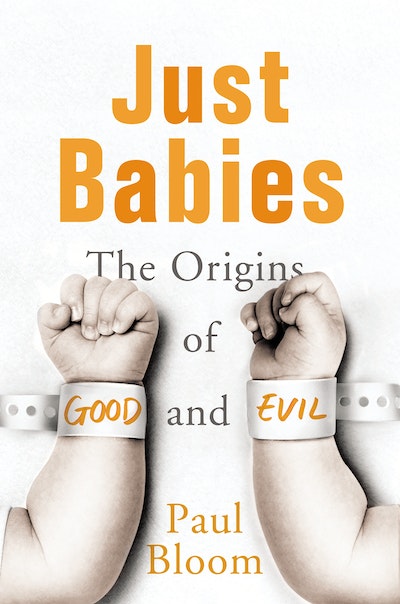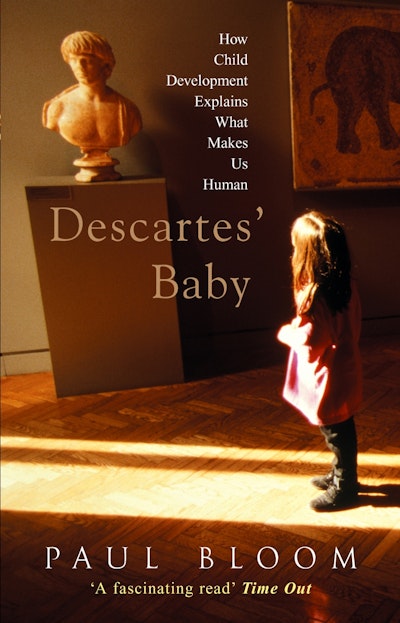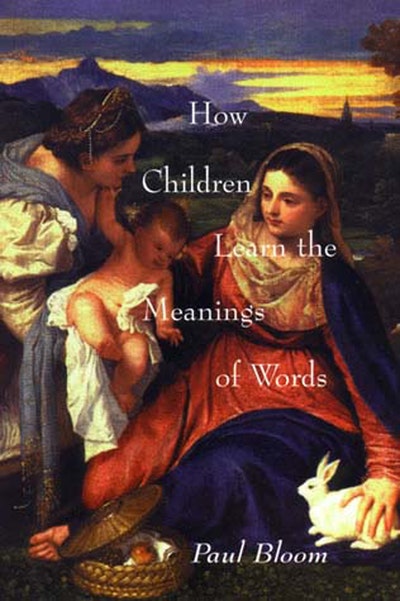How Pleasure Works
Why we like what we like
- Published: 2 June 2011
- ISBN: 9781446484241
- Imprint: Vintage Digital
- Format: EBook
- Pages: 304
How Pleasure Works has one of the best discussions I've read of why art is pleasurable, why it matters to us, and why it moves us so
Daniel Levitin, author of This Is Your Brain On Music
Bloom is a serious professional who knows his stuff
Michael Bywater, Literary Review
Bloom's book is different from the slew already out there about happiness. No advice here about how to become happier by organising your closets; Bloom is after something deeper than the mere stuff of feeling good
Robin Heniq, The Scotsman
Following the path of pleasure, Bloom leads us through a menagerie of human strangeness. By the end of the trip, the 'magic inside us' begins to make sense. This book is a pearl, a work of great beauty and value, built up around a simple truth: that we are essentialists, tuned in to unseen order
Jonathan Haidt, author of The Happiness Hypothesis
In this eloquent and provocative book, Paul Bloom takes us inside the paradoxes of pleasure, exploring everything from cannibalism to Picasso to IKEA furniture. The quirks of delight, it turns out, are a delightful way to learn about the human mind
Jonah Lehrer, author of How We Decide
Paul Bloom is among the deepest thinkers and clearest writers in the science of mind today. He has a knack for coming up with genuinely new insights about mental life...and making them seem second nature through vivid examples and lucid explanations
Steven Pinker
Reading his book is like stargazing with your favorite cool professor while high
Newsweek
The book inside is an even better book than the one the title promises... Bloom is a superb writer. His gift is in writing beautifully but plainly, and anticipating everything a reader will need to know in order to appreciate the point he will ultimately make...it was a great pleasure to read
Globe and Mail (Canada)
This book is not just a pleasure, but a revelation, by one of psychology's deepest thinkers and best writers. Lucid and fascinating, you'll want to read it slowly and savor the experience
Daniel Gilbert, author of Stumbling on Happiness
Thoughtful and entertaining
Times Literary Supplement
